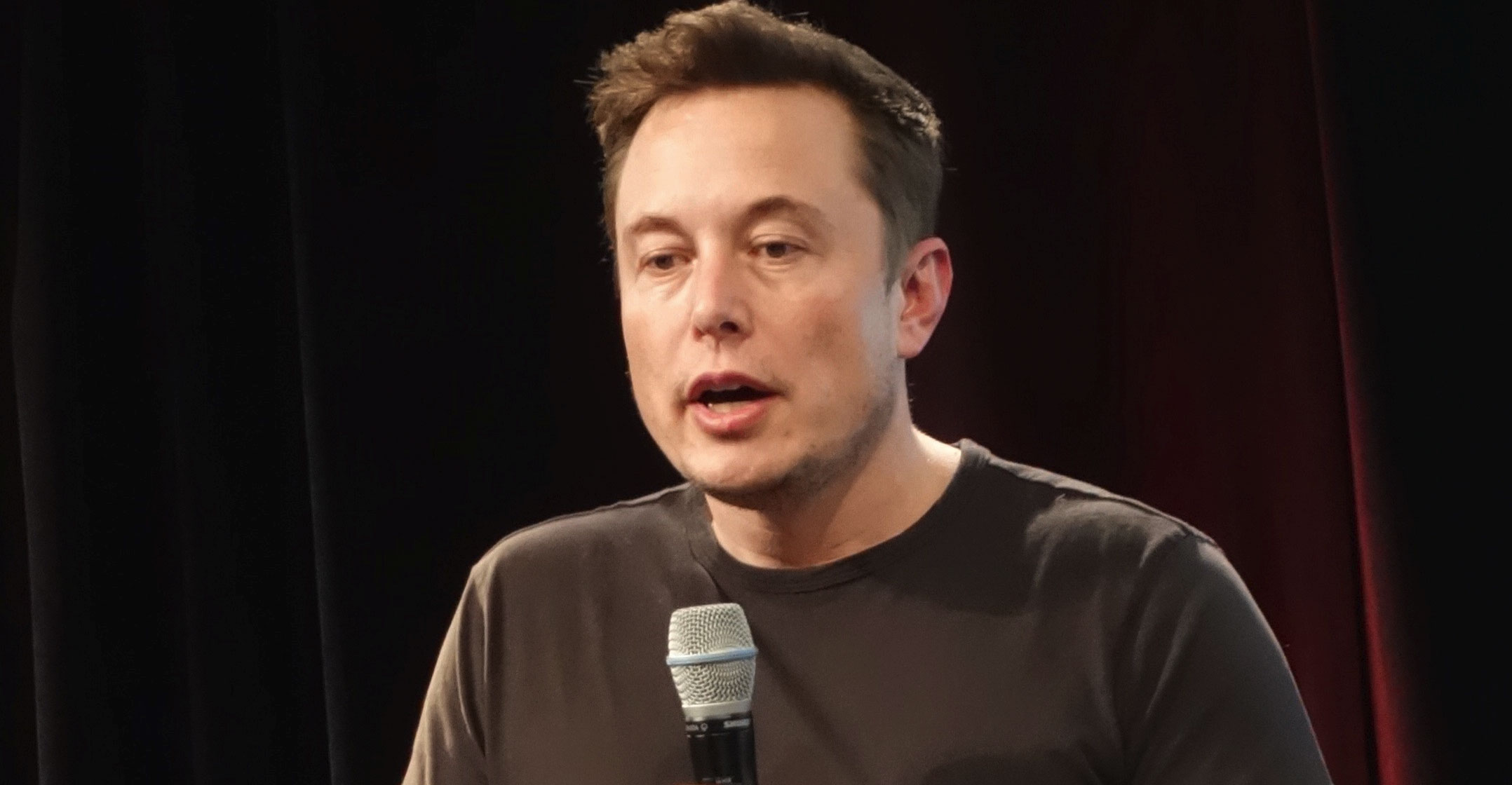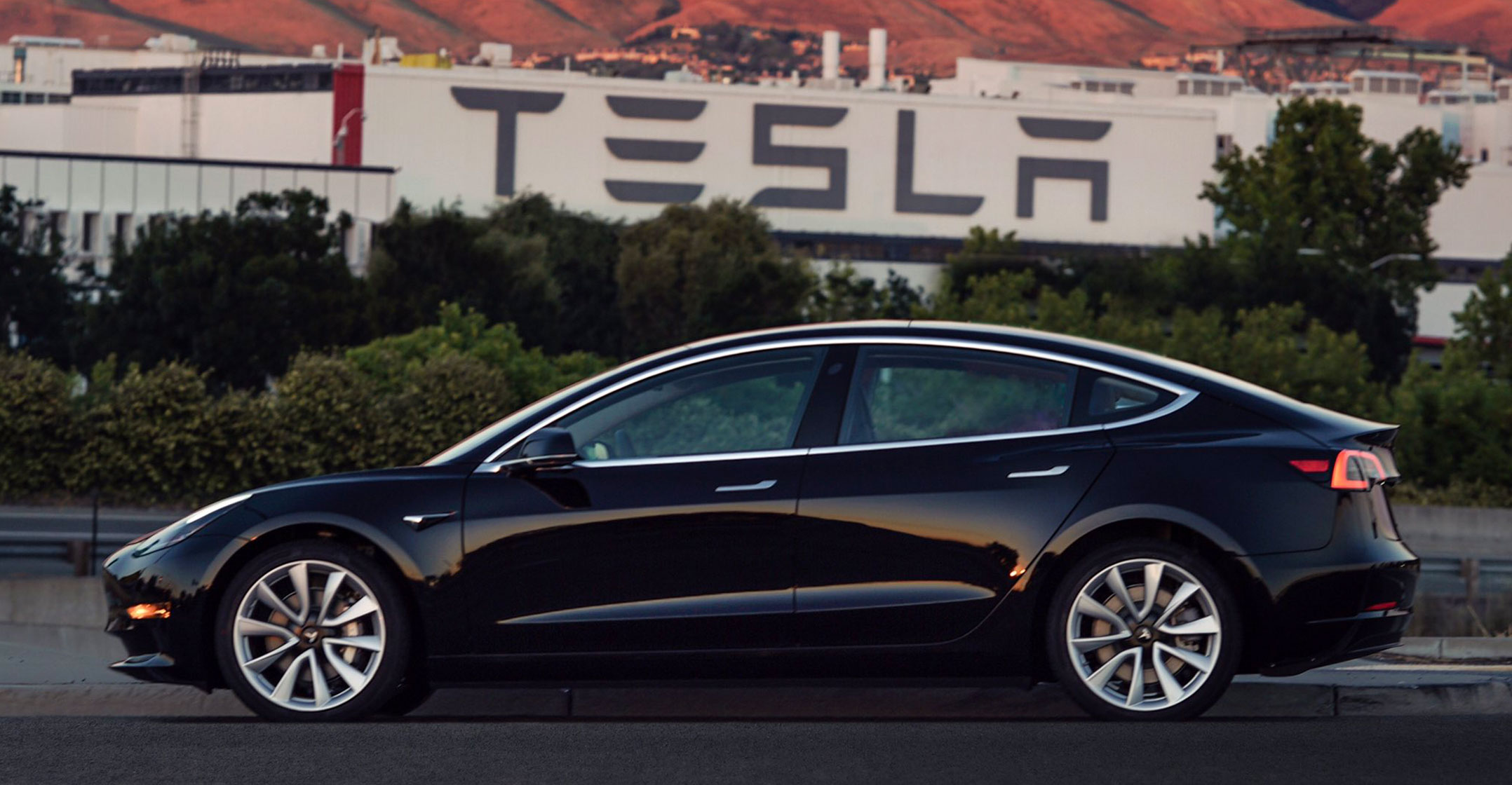
Tesla has always been an intoxicating place to work: an adrenaline-fuelled, mission-driven boot camp. Some top executives have departed only to return to the unique drama that is working for Elon Musk.
Many others have quit for good. As common as it’s been for Tesla to see talent come and go, the recent spate of departures from the electric car maker is raising what were already high stakes for its billionaire chief executive. Musk is in the midst of a crucially important attempt to mass manufacture vehicles, a feat that’s proven incredibly difficult even for a guy famous for flying rockets to space and landing them back on Earth.
Within the last week, Tesla has confirmed two of its top financial executives have parted ways with the company. In February, its global president of sales and service left for Lyft. All this churn complicates an already challenging test for Musk: to prove that he can operate his companies as capably as he’s shown an ability to dream and build them.
“Elon Musk has to be careful to stabilise his company” amid reports of quality issues with the Model 3, a recent production pause for the car and the series of management changes, said Ferdinand Dudenhoeffer, the director of the University of Duisburg-Essen’s Centre for Automotive Research. “That doesn’t look very comfortable.”
Tesla shares fell 4.4% to US$326.63 on Wednesday, the biggest drop in more than a month. The stock extended declines after CNBC reported that the company was producing a high ratio of flawed parts and vehicles that required rework and repairs. In an e-mailed statement, Tesla said the news outlet had misinterpreted the role its remanufacturing team plays within its operations and said the majority of issues identified on its assembly lines are minor and resolved in minutes.
The latest round of top executive turnover started when Musk mentioned in passing during the company’s last earnings call that sales chief Jon McNeill had joined the ride-hailing service Lyft as chief operating officer.
Then Tesla disclosed in a tersely worded regulatory filing last week that that chief accounting officer Eric Branderiz had left for personal reasons. On Tuesday, Bloomberg News reported that Susan Repo, corporate treasurer and vice president of finance, had become chief financial officer of another company.
‘Production hell’
“We’d like to thank Susan for her five-year contribution to Tesla and congratulate her on becoming a CFO,” Tesla said in an e-mailed statement on Wednesday. The car maker promoted Ron Klein to treasurer. He was previously assistant treasurer, according to his LinkedIn profile.
Musk is taking on more responsibility as a result of the management changes, even as Tesla’s mass-market mission has proven tougher than he expected. While the CEO warned employees at Tesla’s assembly plant in Fremont, California in July that they were going to be stepping into “production hell”, he still proceeded to forecast that the company would be able to make 1 500 of the cars by the end of September.
Tesla came up well short of that plan, building only 260 Model 3 sedans in the third quarter. The next goal Musk set was to reach a weekly production rate of 5 000 of the cars by the end of the year.

The company again came nowhere close to its target, delivering only 1 550 Model 3s for the entire fourth quarter. It pushed back weekly production goals again, saying it was planning to hit a 2 500 rate by the end of March.
Tesla needs to make progress with the Model 3 because it’s hired and expanded as though it’s already transitioned from primarily selling only high-priced luxury vehicles. It now has a workforce of more than 37 500 employees.
“Our future success depends upon our ability to attract and retain executive officers and other key technology, sales, marketing, engineering, manufacturing and support personnel,” the company said in a regulatory filing last month. Tesla noted that it competes with “both mature and prosperous companies that have far greater financial resources” and startups offering “short-term growth opportunities”.
Senior executives who’ve left the company in the past year include former CFO Jason Wheeler; Lyndon and Peter Rive, Musk’s cousins who had joined him in co-founding SolarCity; Chris Lattner, an Apple hire who left after leading Tesla’s Autopilot engineering team for less than six months; Kurt Kelty, a longtime battery executive; and Diarmuid O’Connell, vice president of business development.
Tesla has also made several key hires during that span. Gaby Toledano, a director on several boards who worked at Electronic Arts for more than a decade, joined Tesla as chief people officer in May and reports directly to Musk. Felicia Mayo, the head of diversity and inclusion, joined in August after working for Juniper Networks and Oracle.
The aura around Musk and Tesla’s approach to compensating employees with stock options are among the likely drivers of turnover at the company, according to Gene Munster, the co-founder of Loup Ventures.
“You have unique opportunities if you’ve worked for Elon,” Munster said by phone. “Apple went through this with Steve Jobs. Visionaries can be difficult to work for, but that’s not why people are leaving. They are leaving because they made a ton of money and they can write the next chapter of their careers.” — Reported by Dana Hull, with assistance from Tom Lavell, (c) 2018 Bloomberg LP

